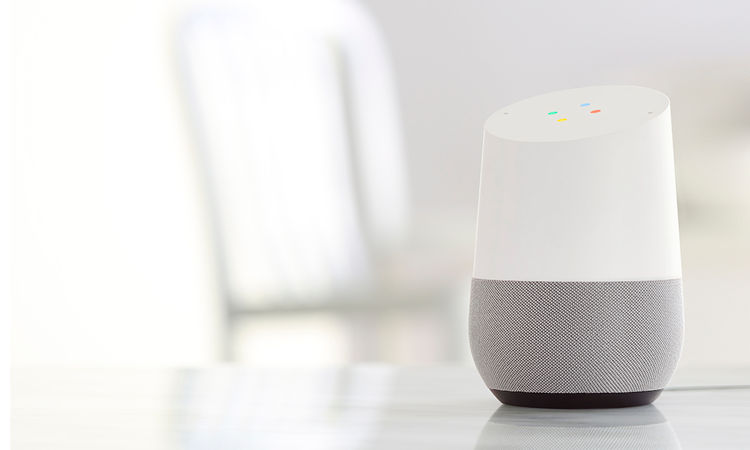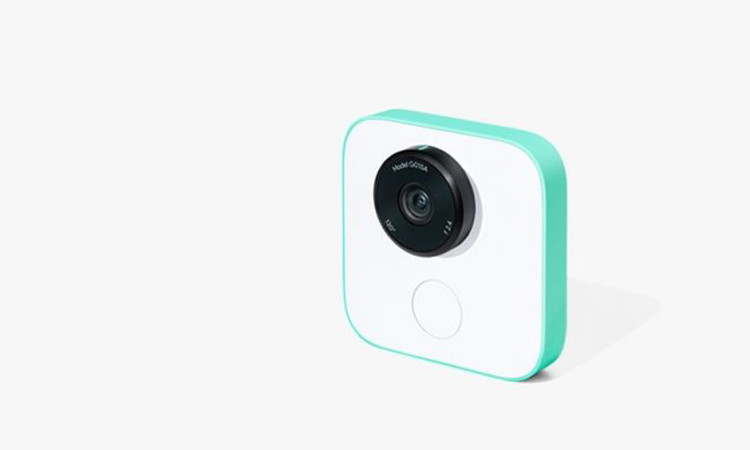Google Pixel Phones, Smart Speakers And Hands-Free Cameras
By now, its likely you’ve heard the announcement that Google made last week about its new phones, smart speakers and other devices which are infused with Artificial Intelligence (AI).
Infused with AI?! What does that even mean?
Google Pixel phones
The second generation of Google’s Pixel phones unveiled last week feature larger, brighter screens that take up more of the phone’s front, changes that Apple is also making with its iPhone X scheduled to be released next month.
Both the 6″ Pixel XL and the 5″ Pixel will also do away with the headphone jack, something Apple did with the iPhone 7 last year.
Google also souped up the already highly rated camera on the Pixel, boasting that it will take even better photos than the iPhone.
The smaller Pixel will sell for about $650, $50 less than the iPhone 8. The Pixel XL will sell for about $850, or $50 more than the iPhone 8 Plus. Prices for the iPhone X start at $1,000.
Google also announced wireless headphones, called Pixel Buds.
In addition to relaying audio from the phone, the headphones can also translate spoken language in real time, working with software built into the new Pixels.
The feature also will be coming to last year’s Pixel models in an update.
Smart speakers
The Google Home Mini unveiled last week is a button-sized speaker covered in fabric. It includes the same features as the cylindrical speaker that Google rolled out last year in response to Amazon’s Echo.
The Mini will cost about $50, roughly the same as Amazon’s smaller speaker, the Echo Dot.
The standard Google Home speaker costs about $130.
Last week, Amazon announced the next generation of its Echo speaker, coming out in time for the holiday shopping season, will cost just $100, a price that Google decided not to match.
 The Google Home Max is a rectangular speaker with superior acoustics for playing music, mimicking Apple’s HomePod.
The Google Home Max is a rectangular speaker with superior acoustics for playing music, mimicking Apple’s HomePod.
Like Apple with the HomePod, Google is promising that its Max speaker will learn your musical tastes so it can become a digital DJ that automatically selects tunes that you’ll enjoy.
However, the Max speaker will work with a wider range of music-streaming services than the HomePod, which is designed to be a companion to Apple Music.
Google is selling the Home Max for about $400, or $50 more than the HomePod.
Both speakers are due to hit stores in December.
AI takes center stage
Google’s voice-activated digital assistant will serve as the brains for all the speakers, just as Amazon’s Alexa and Apple’s Siri run their competing devices.
All three technology companies are trying to establish their assistants as prescient concierges that understand people’s needs and desires to help them better manage their homes and lives.
Google is counting on the knowledge that it has accumulated through its dominant search engine to make its assistant far more intelligent than either Alexa or Siri, giving it an edge over its rivals over time.
Candid camera
In a surprise move, Google is introducing a hands-free camera that will automatically take photos and video for people looking to catch candid moments of their family, friends and pets.
The small, square device, called Google Clips, can be attached to a stationary object so it can capture images of everything within its range of view.
 It will rely on Artificial Intelligence to learn what and who is important to its users so it knows the best times to snap a photo or record video.
It will rely on Artificial Intelligence to learn what and who is important to its users so it knows the best times to snap a photo or record video.
Google is promising that privacy controls built into Clips will give the camera’s users complete control over which images they want to transfer to another device or share with someone else.
Clips will sell for about $250 and will be available in stores in December.

Comments are closed, but trackbacks and pingbacks are open.